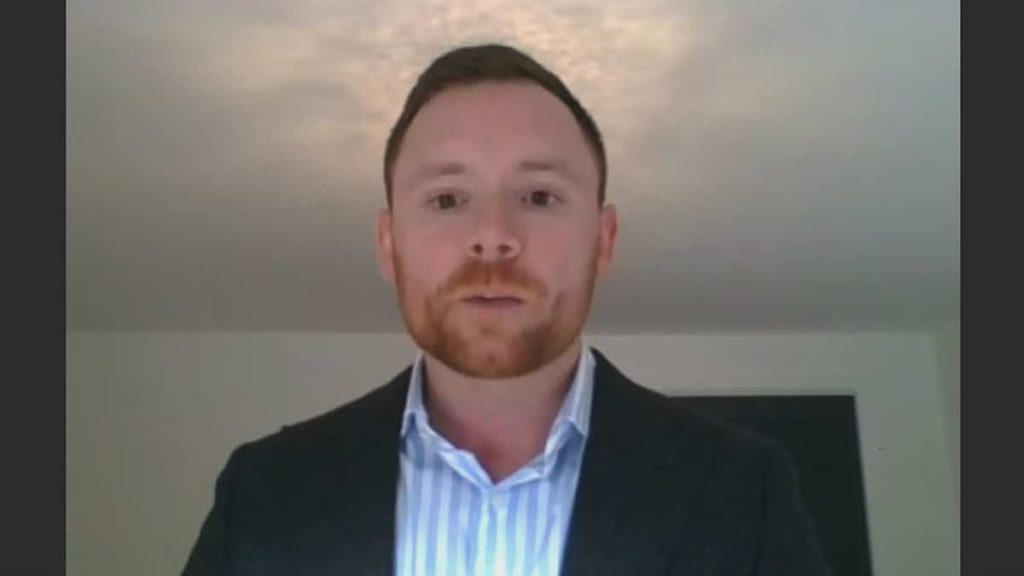
Many Quebecers are having trouble paying off their credit card balances.
• Also Read: Canadian consumer debt has reached $2.4 trillion
• Also Read: Justin Trudeau asks “supermarkets to stabilize grocery prices in the short term.”
• Also Read: If the leaders of the big Canadian grocers were in the United States, “it’s clear they would be nervous.”
Many citizens use their credit card like a debit card, especially to accumulate points and eventually purchase a trip or household goods.
But when the financial situation turns difficult and this acquired habit becomes a tool for unexpected debts, this strategy can be extremely effective.
“It’s been too long since consumers carried a balance from month to month or actually didn’t pay off their credit card balance in full each month. Naturally, the interest rates on credit cards are very high. What we are observing in the second quarter of this year is that we are seeing an increase of more than 500,000 users compared to last year, who were unable to pay their card balance credit in full,” explained Jean-Philippe Samure, senior data and analysis consultant at Equifax, on the “Vosafires” show.
Some of these consumers find themselves paying the minimum monthly payment on their card, often with high interest rates.
“With credit cards with 20, 25 percent interest, minimum payments on credit cards with balances of a few hundred dollars are high. This is often a snowball effect. It is always recommended to pay off your balance every month when you are able to do so,” advises Mr Samure.
An Equifax Canada report on consumer credit trends and outlook revealed Thursday that consumer debt in Canada has reached $2.4 trillion.
To learn more about the debt situation of Canadians, listen to the video at the top of the article.





More Stories
Sportswear: Lolle acquires Louis Garneau Sports
REM is still innovative enough to foot the bill
A trip to the restaurant with no regrets for these customers